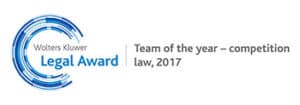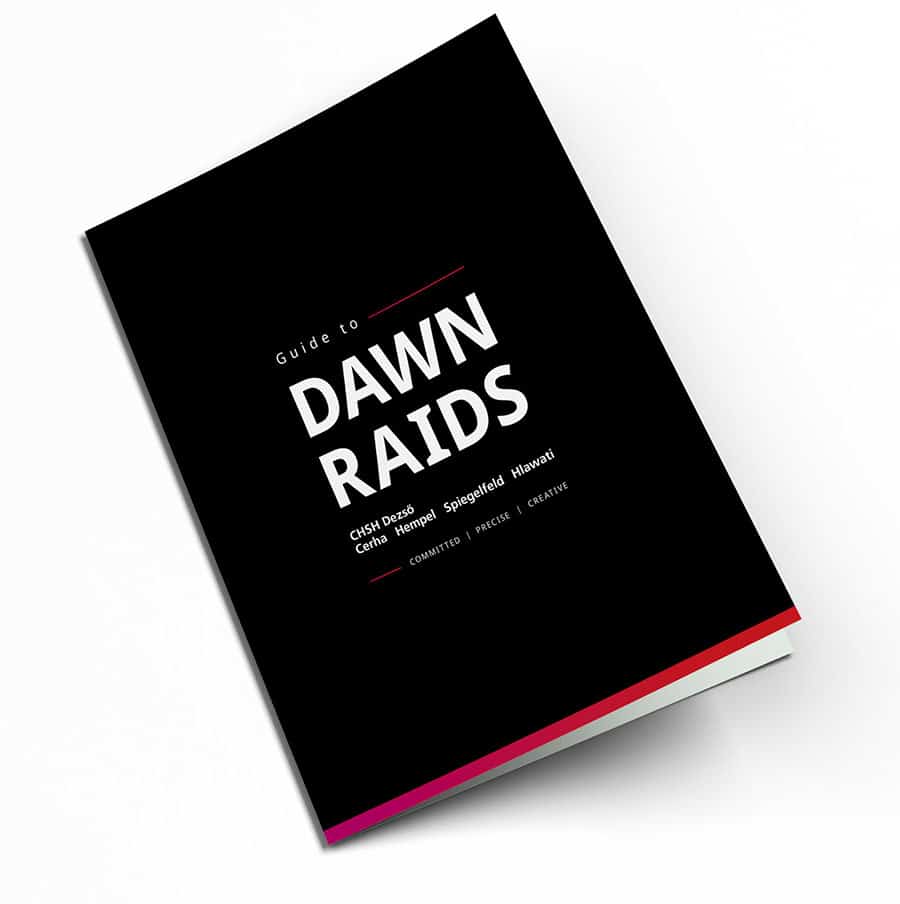The Hungarian Competition Authority (“HCA”) states in its latest decision that the “Black Friday” campaign’s commercial communications by Alza.hu Kft. and Alza.cz a.s. mislead consumers by giving the impression that consumers could get a significant discount of up to 80%, although the 80% discount concerned only to a few and atypical product.
Due to the alleged misleading B2C communications the HCA fined Alza.hu Kft. and Alza.cz a.s. for 862 million HUF (approx. 2 436 887 EUR) and obliged Alza.hu Kft. to implement a compliance program within 60 days and to operate it at least for 2 years. Besides, Alza.hu Kft. is obliged to prove the implementation of the compliance program within 90 days from the date of receiving the HCA’s decision. The undertakings have 30 days to file an appeal against the HCA’s decision to the court.
As per the HCA decision, the misleading communication’s main characteristic was, that Alza presented popular and expensive products (such as television sets, coffee machines, mobile phones, computers etc.) in its Black Friday campaigns, while actually none of these products were eligible for an 80% discount. On the other hand, only less than 1% of the entire product portfolio of Alza was available with 80% discount, mostly less well known and less popular products.
The HCA has underlined in its decision that the promise of a significant discount (such as the discounts advertised by Alza in the “Black Friday” campaigns) may affect the decision of a conscious consumer. The HCA emphasised that using the word “up to” does not mean that such a promise has to be kept for all of the products, however, the promise made must present a realistic possibility. The decision mentions a two-step assessment to be applied when deciding on whether the usage of the “up to” statement is misleading or not. According to this test, in marketing campaigns using the “up to” statement, first it must be examined, whether (i) the affected products in question, which can be obtained at a discount (in Alza’s case with 80% discount), can be considered as being representative products within the entire product range, and then, as second step, it must be checked whether (ii) the proportion of the representative products achieve at least 10% of the entire advertised product portfolio. This means that as per the HCA’s requirement, the announced (advertised) discounts have to concern to typical (and not marginal) products, and have to be “true”, valid, meaning that the proportion of the products covered by the discounts have to reach at least 10% of the advertised product range. Besides, publishing footnotes make no significant differences: disclaimers with small fonts do not alter the main message of the advertisement and therefore do not exempt the advertisers from the consumer protection law infringement.
The following aspects were taken into consideration by the HCA when determining the fine:
- The undertakings submitted ambiguous and incomplete data regarding their advertising expenditures, moreover the submissions were inconsistent, therefore the basis amount of the fine was 10% of the net turnover of the goods concerned during the period of the infringement (the general rule – according to which the basis of the fine is the marketing expenditure of the undertaking under investigation – could not be applied in this case, according to the HCA).
- The intensity of the unfair commercial practice was high, which circumstance qualified as an aggravating factor (the infringement occurred six times between January 2018 and February 2019 with a duration of two weeks each time), besides the message of the advertisement was simple and of unambiguous nature.
- As per the HCA’s standpoint the HCA’s case law regarding how to communicate discounts should be well known by all market players (see e.g. the Extreme Digital decision), which circumstance was also an aggravating factor.
- The HCA has not identified any mitigating circumstance, but the undertakings agreed to work out and implement an ex-post compliance program, and the HCA mitigated the fine with 5% rewarding this commitment. At this point we note that the HCA can refuse to accept any commitment offer voluntarily filed by the company under investigation, nevertheless can later on – besides imposing a fine in its final decision – oblige the undertaking to realize such offer. In Alza’s case the HCA decided in favour of the undertakings when mitigating the fine in exchange for the offered commitment program.
As stated by the decision, the HCA determined the amount of the fine with having regard to all the circumstances of the case, in particular, the gravity and duration of the infringement, the achieved advantage by the infringement, the market position of the undertakings, the accountability of the conduct, the cooperation during the proceedings, and the repetition and frequency of the infringement. The HCA also underlined that the gravity of the fine (record breaking amount for such an infringement outside the fin-tech sector) intends to deter future advertisers from committing similar infringements when organizing high profile campaigns.
We consider as important takeaway from the decision, that it is of utmost importance to stop all debated commercial practices just immediately after the initiation of an administrative proceeding by the HCA. Alza kept on using the disputed slogan even for three more times after the investigation began, which circumstance may have contributed to the huge fine as a result of the HCA’s investigation. Immediate correction of the commercial practice in question could have saved Alza hundreds of millions of HUF (forints).
In our opinion, future marketing campaigns – also in the e-commerce sector – must be created with more professional care provided to compliance issues, as the HCA seems to set its own priority towards consumer protection law issues. As a general rule, every undertaking must carefully assess in the future, whether the discounts used in their advertisements are actually valid and can be deemed as being typical within a larger product portfolio. For this self-assessment exercise, it is wise to use external experts who may save significant resources, as the fines of the HCA are becoming higher with each case if solid case law interpretation already exists.
Tamás Polauf, Partner Márton Kocsis, Head of Competiton law



